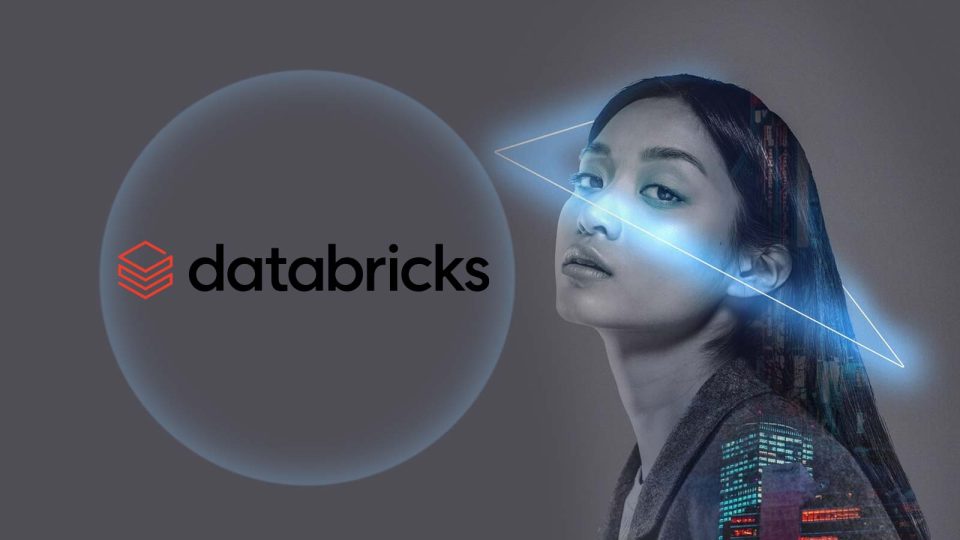The Generative AI Engineer is a specialized artificial intelligence (AI) professional who focuses on designing, developing, and implementing generative AI models and algorithms. These models and algorithms are pivotal in creating novel data samples, patterns, or content based on existing data or inputs. Generative AI techniques employed by these professionals include but are not limited to, Generative Adversarial Networks (GANs), Variational Autoencoders (VAEs), and sophisticated language models such as GPT (Generative Pre-trained Transformer).
Crucial to advancing artificial intelligence and machine learning, the Generative AI Engineer specializes in creating and refining generative models that can produce new content—ranging from images and text to audio—based on underlying patterns and data. Their expertise facilitates progress across diverse industries, including creative arts, content creation, virtual reality, and data synthesis. By expanding AI capabilities, they drive innovation in applications demanding realistic and creative outputs.
Why Generative AI Upskilling?
The imperative for Generative AI Upskilling is becoming increasingly evident as Generative AI and its applications progress swiftly. According to Harvard Business Review, this technology is generating a demand for expertise at an unprecedented, accelerated pace. The average half-life of knowledge-based skills, such as research, coding, and writing, is now less than five years, and in certain tech fields, it’s as fast as two-and-a-half years. Consequently, organizations face an urgent necessity to make substantial investments in training their workforce, ensuring their viability in the future.
Exploring the Generative AI Engineer Learning Path with Databricks
Databricks has introduced the industry’s first Generative AI Engineer learning pathway and certification. This latest launch helps address the imperative for data and AI practitioners to thrive in generative AI. Acknowledging the pivotal role of generative AI in fostering innovation and productivity, Databricks emphasizes the necessity for practitioners to enhance their skills. The comprehensive training comprises three components tailored for data scientists, machine learning engineers, and developers at various stages of their Generative AI journey, culminating in the Databricks Generative AI Engineer Associate Certification exam.
The Generative AI Engineering course covers a range of topics, including building common LLM applications using Hugging Face, developing retrieval augmented generation (RAG) applications, creating multistage reasoning pipelines using LangChain, fine-tuning LLMs for specific tasks, implementing responsible AI practices, and deploying models at scale using LLMOps best practices.
For those seeking a more structured learning experience, Databricks offers public and private instructor-led training for Generative AI Engineering. These sessions, conducted by expert instructors, include hands-on labs to provide learners with a dynamic, experiential education.
This announcement complements the self-paced Generative AI Fundamentals course launched by Databricks in 2023. The Fundamentals course focuses on the transformative potential of generative AI in practical applications, guiding organizations in successfully identifying and implementing generative AI applications and addressing legal and ethical considerations. The self-paced content concludes with a knowledge quiz, and upon successful completion, learners are awarded a Generative AI Fundamentals badge.
FAQs
1. What topics are covered in the Generative AI Engineering course?
The course covers various aspects, including building common LLM applications using Hugging Face, developing retrieval augmented generation (RAG) applications, creating multistage reasoning pipelines using LangChain, fine-tuning LLMs for specific tasks, implementing responsible AI practices, and deploying models at scale using LLMOps best practices.
2. Is any certification associated with the Generative AI Engineer Learning Path?
Yes, upon completion of the learning path, participants have the opportunity to take the Databricks Generative AI Engineer Associate Certification exam.
3. What is the format of the instructor-led training sessions?
Expert instructors conduct instructor-led training sessions and include hands-on labs to provide participants with a dynamic and experiential learning experience.
4. Is there any prerequisite for enrolling in the Generative AI Engineer Learning Path?
While there are no strict prerequisites, having a basic understanding of AI concepts may be beneficial. The learning path is structured to accommodate learners with varying levels of expertise.
5. How does the Generative AI Engineer Learning Path differ from the Generative AI Fundamentals course?
The Learning Path is a more comprehensive program covering advanced topics in Generative AI Engineering. At the same time, the Generative AI Fundamentals course focuses on the basics and practical applications of generative AI.
6. Is the Generative AI Engineer Learning Path available for organizations seeking training for their teams?
Yes, Databricks offers private instructor-led training sessions for organizations looking to provide their teams with the Generative AI Engineer Learning Path.
[To share your insights with us as part of editorial or sponsored content, please write to sghosh@martechseries.com]


